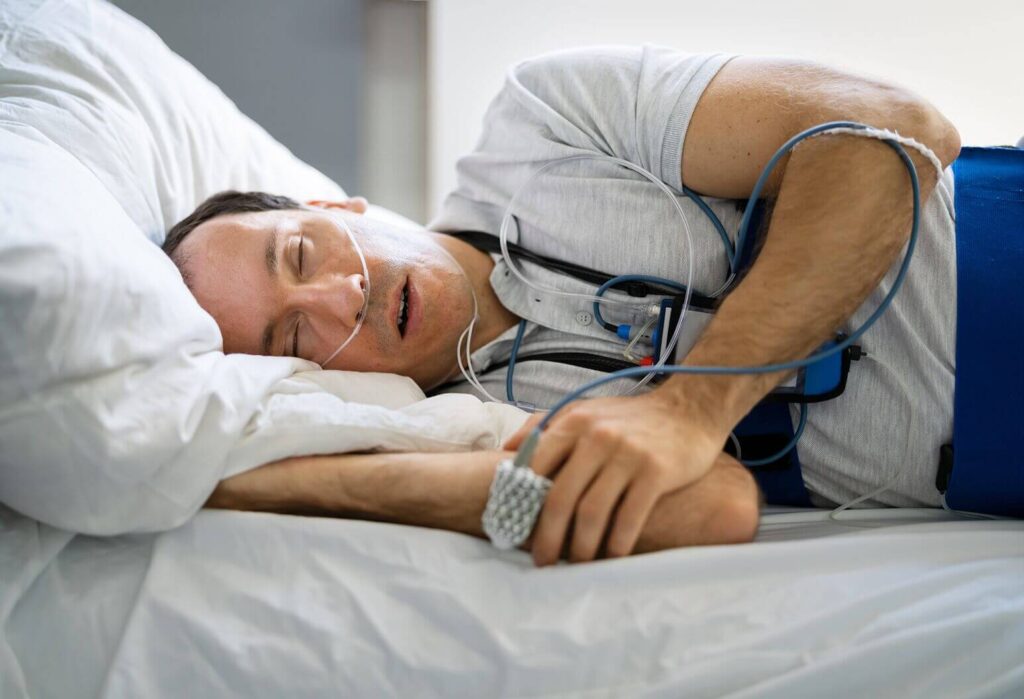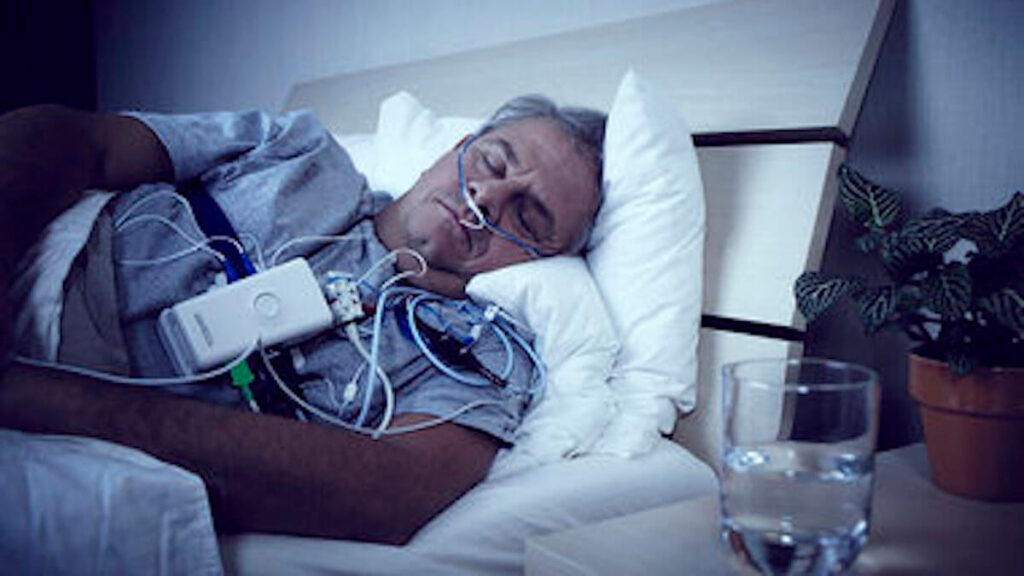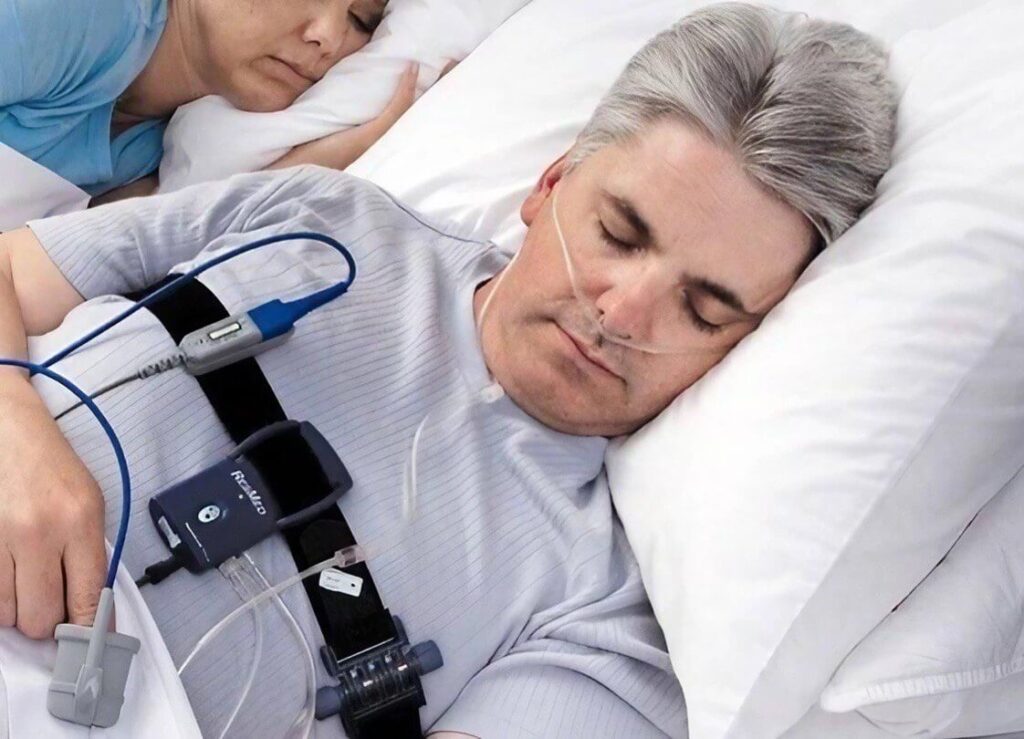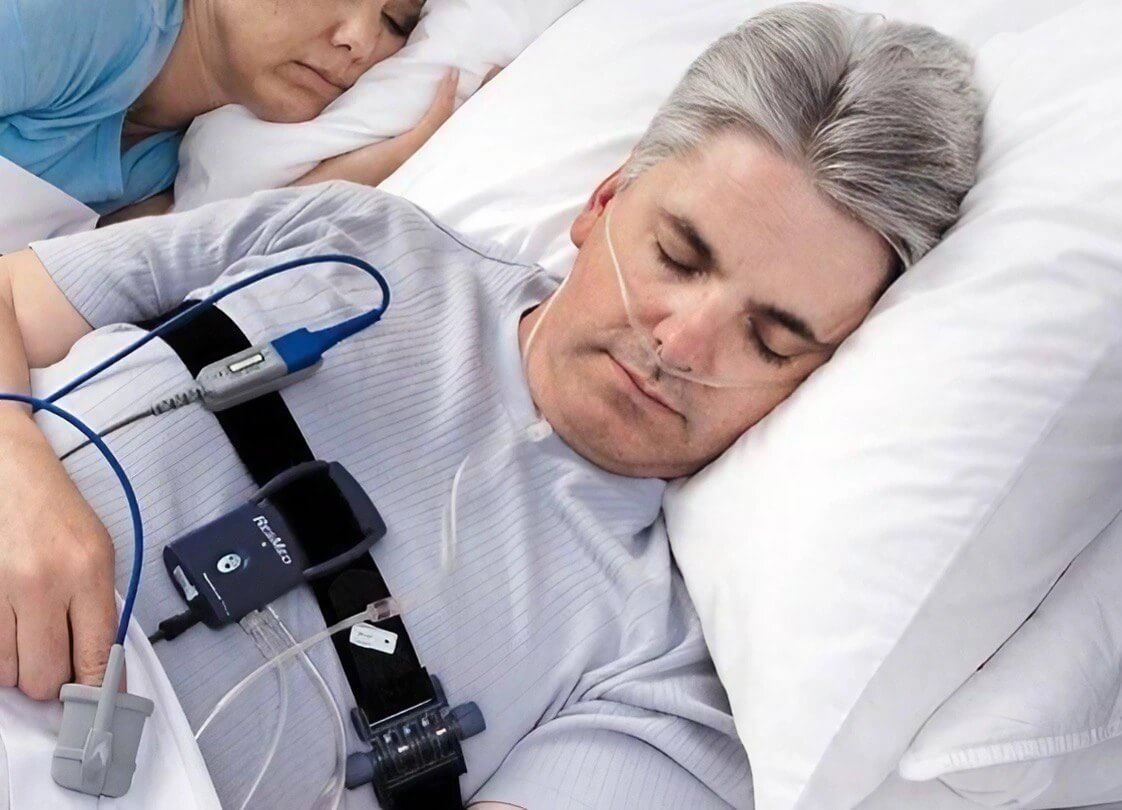Sleep disorders affect many individuals, leading to issues such as fatigue, difficulty concentrating, and long-term health complications. If you have been experiencing restless nights, excessive daytime sleepiness, or irregular breathing during sleep, undergoing sleep testing in Brisbane may help diagnose potential disorders and determine the best treatment.
A sleep test, also known as a sleep study, is a non-invasive procedure that monitors various physiological functions while you sleep. This guide will explain what to expect during sleep testing, how to prepare for it, and what happens after the test.
What Is Sleep Testing?
Sleep testing is a diagnostic procedure used to evaluate sleep patterns and detect disorders such as sleep apnea, insomnia, restless legs syndrome, and narcolepsy.
A comprehensive sleep study measures various physiological parameters, including:
- Brain activity (EEG) – To track different sleep stages.
- Eye movement (EOG) – To assess REM (rapid eye movement) sleep.
- Heart rate and rhythm (ECG) – To monitor cardiovascular health.
- Breathing patterns – To detect interruptions such as apnea.
- Oxygen levels (SpO2) – To measure blood oxygen saturation.
- Muscle activity (EMG) – To identify involuntary movements.
In Brisbane, sleep tests are conducted in sleep clinics, hospitals, or at home, depending on the severity of symptoms and healthcare recommendations.

Types of Sleep Testing in Brisbane
1. In-Lab Sleep Study
An in-lab sleep test is conducted at a sleep clinic under the supervision of a sleep specialist. This test provides the most comprehensive results as it uses advanced monitoring equipment.
Best for diagnosing:
- Moderate to severe sleep apnea
- Narcolepsy
- Complex sleep movement disorders
- Unexplained daytime sleepiness
2. At-Home Sleep Study
For individuals with suspected obstructive sleep apnea (OSA), an at-home sleep study may be recommended. It involves using a portable device to monitor breathing patterns, oxygen levels, and heart rate while sleeping in your own bed.
Best for diagnosing:
- Mild to moderate sleep apnea
- Snoring-related breathing issues
Who Needs Sleep Testing?
You may require sleep testing Brisbane if you experience:
- Loud and persistent snoring
- Gasping or choking during sleep
- Excessive daytime sleepiness
- Morning headaches
- Difficulty staying asleep
- Trouble concentrating or memory loss
- Restless legs or frequent nighttime movements
If these symptoms persist, consult a sleep specialist for evaluation.
How to Prepare for Your Sleep Study
Proper preparation ensures accurate results from your sleep test. Here’s how you can get ready:
1. Follow Your Normal Routine
Stick to your usual sleep and wake-up schedule in the days leading up to the study. This helps the test reflect your natural sleep patterns.
2. Avoid Caffeine and Alcohol
Caffeine and alcohol can interfere with sleep and affect test results. It’s recommended to avoid these substances at least 24 hours before the study.
3. Avoid Naps
Taking naps on the day of your sleep test can make it harder to fall asleep during the study. Try to stay awake throughout the day.
4. Inform Your Doctor About Medications
Some medications, such as sleep aids and stimulants, can impact test accuracy. Consult your doctor to determine whether adjustments are necessary before the test.
5. Wear Comfortable Clothing
For in-lab tests, wear loose, comfortable sleepwear without zippers or buttons to accommodate sensor attachments.
6. Bring Essential Items
If your sleep study is conducted at a clinic, bring personal items such as a toothbrush, a pillow, and any medications you usually take before bed.

What to Expect During Sleep Testing in Brisbane
1. Arriving at the Sleep Clinic (For In-Lab Studies)
If undergoing an in-lab sleep study, you will arrive at the clinic in the evening. A technician will explain the procedure and attach small sensors to your scalp, face, chest, and legs.
2. Sleeping with Monitoring Equipment
The sensors and monitoring devices are designed to be minimally intrusive. While it may take some time to adjust, most people can sleep normally.
For at-home sleep tests, you will receive instructions on how to use the monitoring device before going to sleep.
3. Continuous Monitoring Throughout the Night
The equipment will record your sleep patterns, breathing, heart rate, and oxygen levels. A sleep technician will monitor the data remotely if needed.
4. Waking Up and Completing the Test
In the morning, the sensors are removed, and you can return to your daily routine. For at-home studies, you will need to return the device to the clinic for data analysis.
See Also: How a Sleep Study Machine Can Help Diagnose Sleep Disorders
Interpreting Your Sleep Test Results
After your sleep test, a specialist will review the data and provide a diagnosis. The results will indicate:
- Sleep efficiency: The percentage of time spent asleep.
- Sleep stages: The amount of time spent in light, deep, and REM sleep.
- Breathing patterns: Any disruptions caused by apnea or snoring.
- Oxygen levels: Any instances of low blood oxygen during sleep.
Once the results are analyzed, your doctor will recommend an appropriate treatment plan.

Treatment Options for Sleep Disorders
Depending on the diagnosis, different treatments may be recommended, such as:
1. Continuous Positive Airway Pressure (CPAP) Therapy
CPAP machines are commonly used to treat sleep apnea by keeping airways open during sleep.
2. Oral Appliances
Mouthguards or dental devices can help position the jaw correctly to reduce snoring and apnea.
3. Medication
In some cases, medications may be prescribed for conditions like narcolepsy or insomnia.
4. Lifestyle Changes
Improving sleep hygiene, maintaining a healthy weight, and avoiding alcohol or sedatives before bedtime can help manage sleep disorders.
5. Surgery
For severe cases of sleep apnea, surgical interventions such as airway correction may be recommended.
Conclusion
Undergoing sleep testing in Brisbane is an essential step in diagnosing and treating sleep disorders. Whether you opt for an in-clinic or at-home study, understanding what to expect and how to prepare can make the process smoother and more effective. If sleep issues are affecting your daily life, consult a specialist to determine if sleep testing is right for you. With the right diagnosis and treatment, you can enjoy restful sleep and improved overall health.

